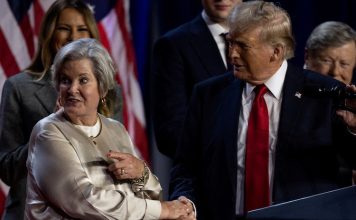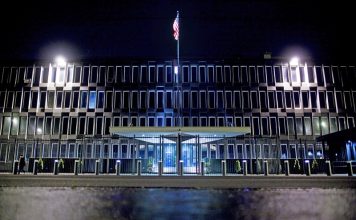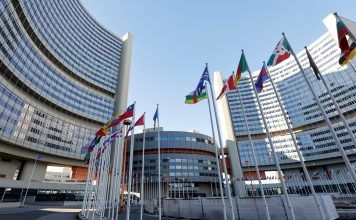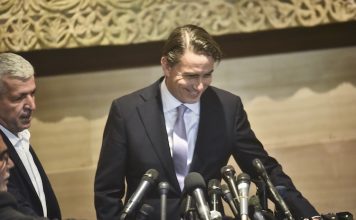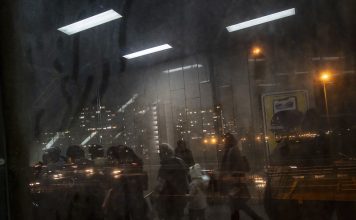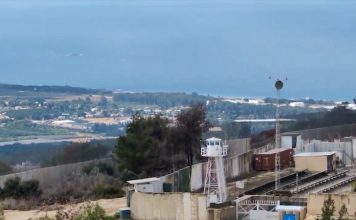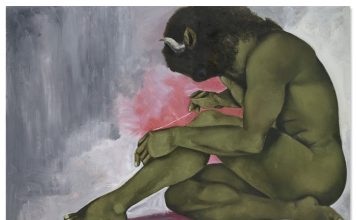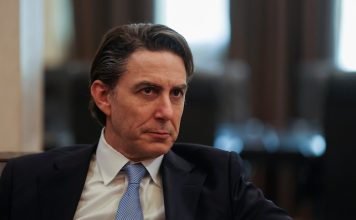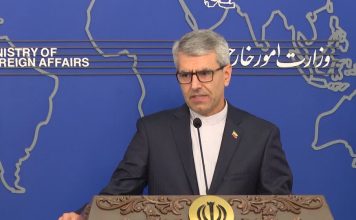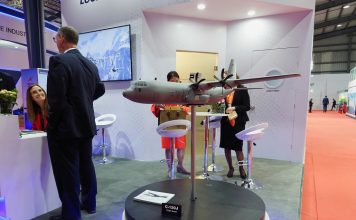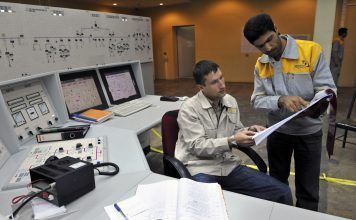By Angelo Amante and John Irish
ROME/PARIS, Nov 6 (Reuters) – U.N. nuclear watchdog chief Rafael Grossi said on Wednesday he might head to Iran in the coming days to discuss its disputed atomic programme and that he expected to work cooperatively with U.S. President-elect Donald Trump.
Grossi had previously said he hoped to go to Tehran ahead of the Nov. 5 U.S. vote as he seeks to resolve several long-standing issues that have dogged relations between Iran, the International Atomic Energy Agency and Western powers.
“We are already talking to colleagues in Iran for my next visit maybe in a few days. We still have to confirm the time but this will be done,” he told a news conference in Rome after a nuclear energy event.
Without confirming it, Iranian officials have welcomed a visit from Grossi, saying Tehran is ready to cooperate with the IAEA to resolve outstanding issues, without giving details.
Issues at stake include Tehran’s barring of uranium-enrichment experts from IAEA inspection teams in the country and its failure for years to explain uranium traces found at undeclared sites.
France, Germany, Britain Condemn Iran’s Steps to Expand Nuclear Programme
Iran has also stepped up nuclear activity since 2019, after then-President Trump abandoned a 2015 deal Iran reached with world powers under which it curbed enrichment – seen by the West as a disguised effort to develop nuclear weapons capability – and restored tough U.S. sanctions on the Islamic Republic.
Tehran is now enriching uranium to up to 60% fissile purity, close to the roughly 90% required for an atom bomb. It has enough higher-enriched uranium to produce about four nuclear bombs, if refined further, according to an IAEA yardstick.
Iran has long denied any nuclear bomb ambitions, saying it is enriching uranium for civilian energy uses only.
How Trump decides to handle Iran in his second White House term remains unclear. At an election rally on Tuesday, he said he wanted Iran to be a “very successful country” but that it “can’t have nuclear weapons”.
SNAPBACK SANCTIONS
Ahead of the U.S. election there had been signs Tehran was ready to re-engage with European parties to the collapsed 2015 deal – Britain, France and Germany – and the U.S. to find a way to revive talks in the hope of getting U.S. sanctions relaxed.
But the regional geopolitical context has darkened to the detriment of any diplomatic breakthrough since the Iranian-backed Palestinian militant group Hamas attacked southern Israel on Oct. 7, 2023, precipitating the Gaza war, and as Tehran has increased its military support for Russia’s war in Ukraine.
Israel’s current assault on Lebanon’s Hezbollah, also backed by Iran, and tit-for-tat missile strikes between Iran and Israel have raised fears of a wider Middle East conflict with some questioning whether it would be in Tehran’s interest to return to talks with a potentially tougher Trump administration.
Publicly, Iranian political leaders have downplayed the significance of the U.S. election result on Tehran’s policies.
Iran Plays Down Importance of US Election, Voices Readiness for Confrontation
Their main concern, though, is the potential for Trump to empower Israeli Prime Minister Benjamin Netanyahu to strike Iranian nuclear sites, carry out assassinations and reimpose his “maximum pressure” policy through heightened sanctions on the country’s oil industry.
The European powers, known as the E3, have sought to raise pressure on Iran in recent months despite scant leverage amid concerns the next Trump administration would need time to review Middle East policy.
That could leave little time to put a joint action plan together before October 2025, when U.N. Security Council Resolution 2231, which enshrined the nuclear deal and the big powers’ prerogative to restore U.N. sanctions, expires.
(Writing by John Irish)

